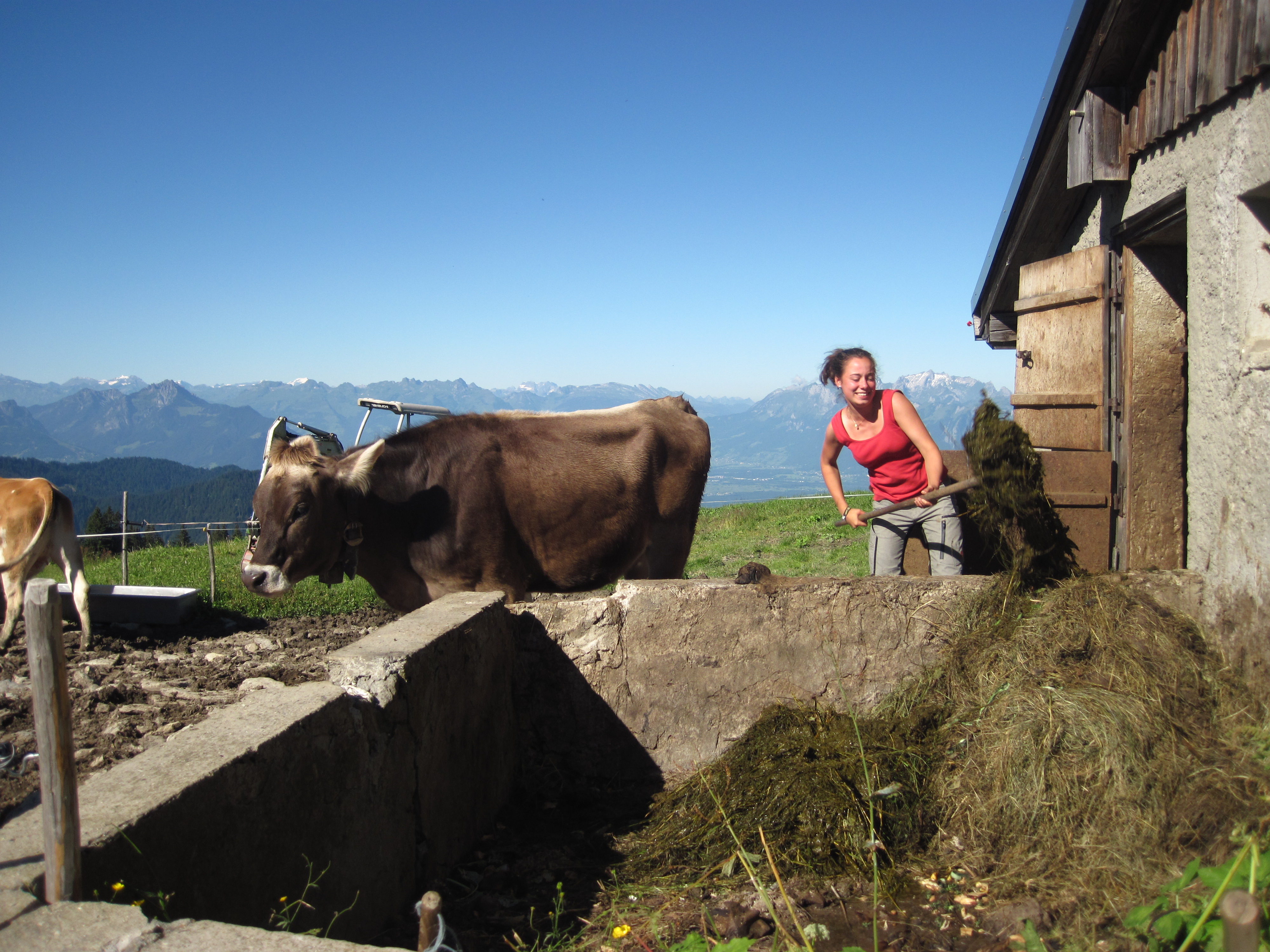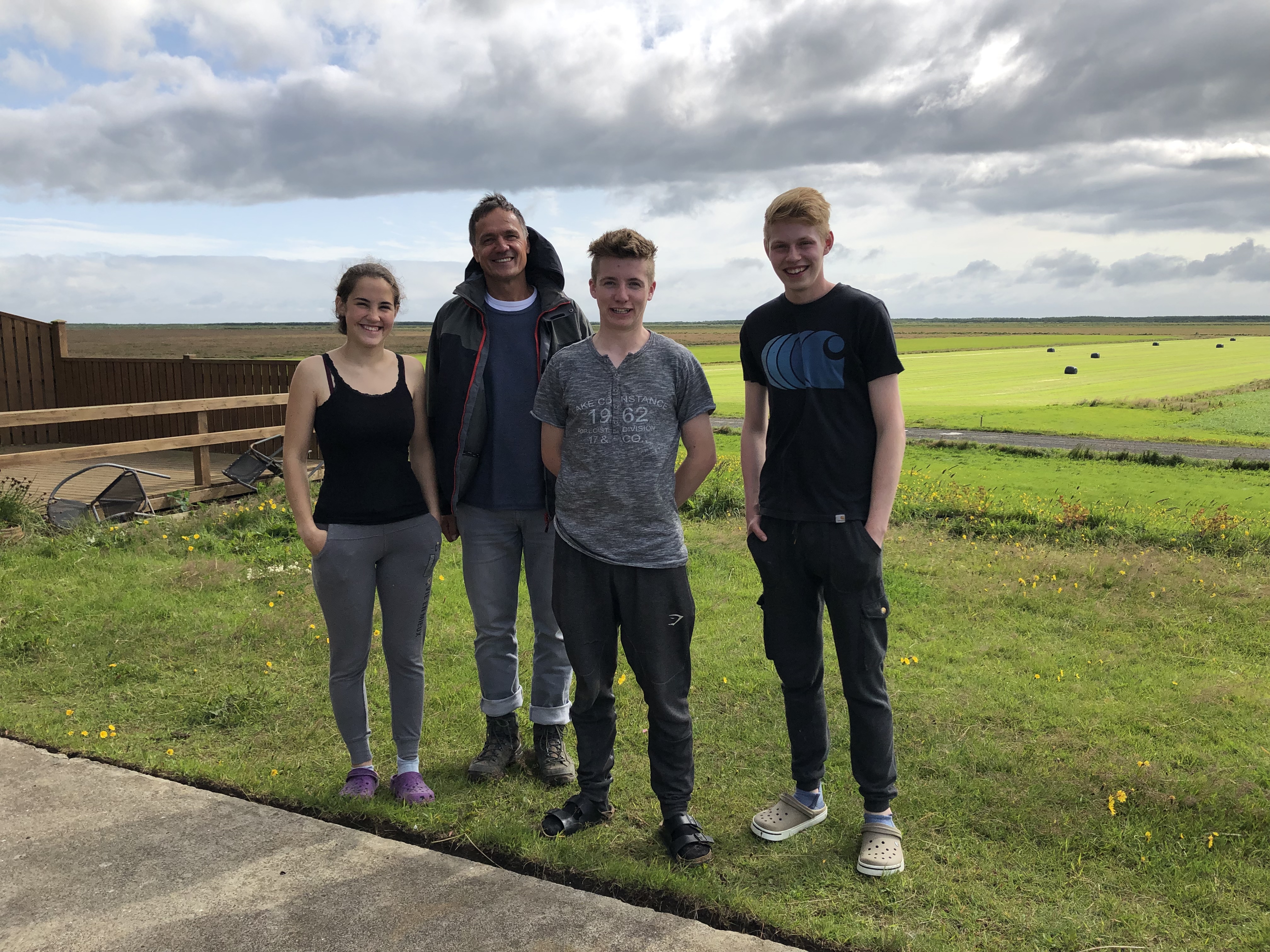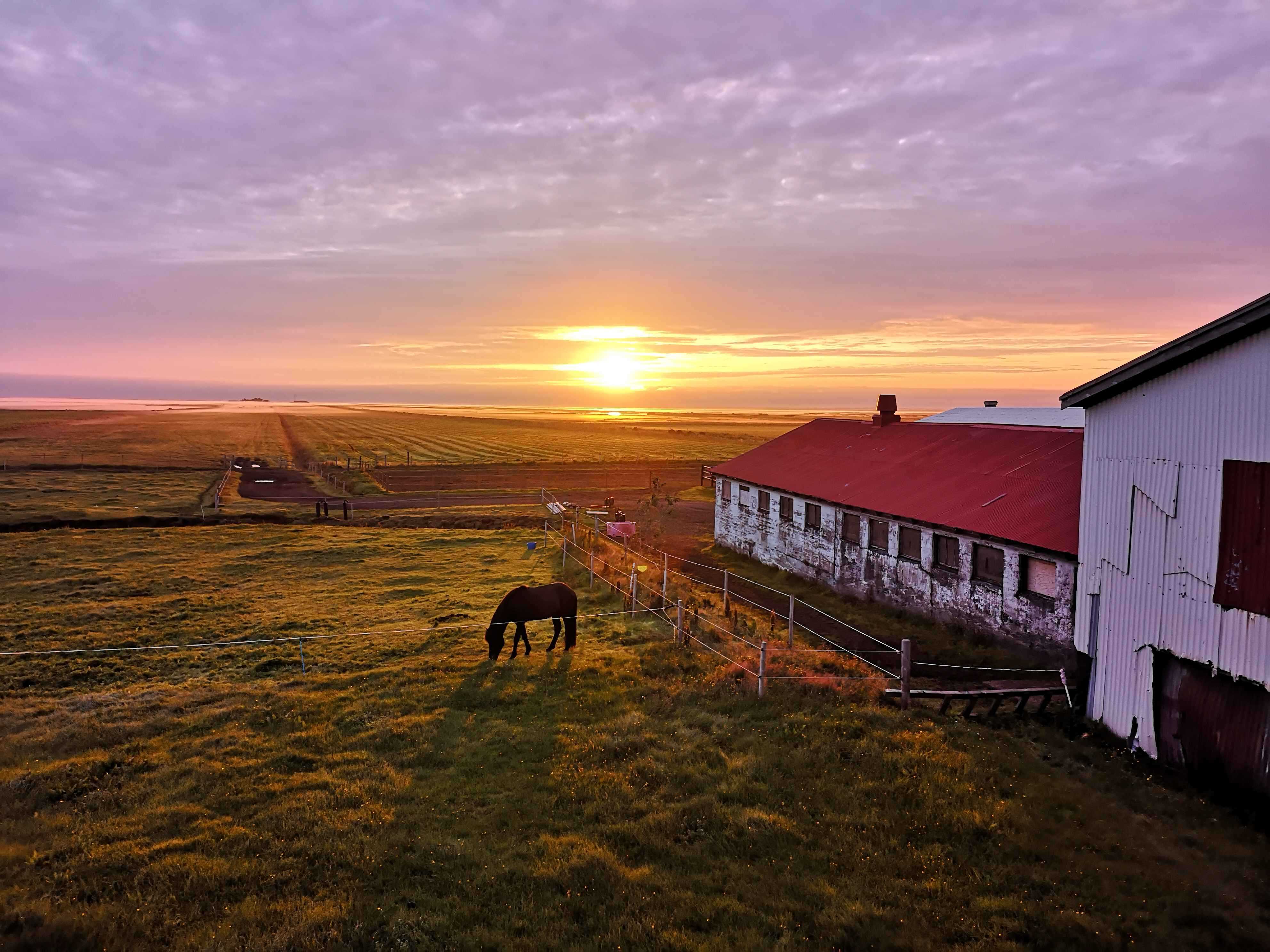Our training places great emphasis on curricular holiday practice, which lasts 14 weeks between the 3rd and 4th grades. It is not the only summer practice that is included in the curriculum. Between the 2nd and 3rd year, including in the advanced course, there are 4-week internships during the holidays. The internship locations should be agricultural businesses and offer the intern a broad insight into activities on a farm.1 ) The table provides an overview.
Internships on companies that are upstream or downstream of agriculture are only desirable and possible between the 4th and 5th years. Here there are machine rings, veterinarians, banks, research institutes, chambers, construction companies or warehouses where our students can do practical work. Many students who want to take over their parents' farm later on and see their career as a part-time job or a combination of jobs also want to get a taste of other professional fields, such as gastronomy, health care and geriatric care, or technical areas during their practical training.
More and more students (during the large practice it is 1/3 to 2/3 of the students) dare to move to another country. The countries Germany, Ireland, Iceland, Norway, Italy and Switzerland are popular.
In collaboration with the Rural Youth Austria, placement and, above all, funding in the Erasmus+ program is also possible. Every year around 20 to 30 students from our school take advantage of this offer and receive funding of an average of around 1,800 euros per student.
1) In order to better achieve our training goal in the focus on environmental and resource management, we are faced with new challenges:
The curriculum literally states: "To be credited, the compulsory internship must be completed in a company that meets the objectives of the respective subject area and proof of relevant activity must be provided. The school provides assistance in finding suitable internship positions.
Internships are intended to expand linguistic and cultural competence Recommended in foreign speaking countries."
This means that all practical operations previously visited in the field of agriculture can also be taken in the field of environmental and resource management at home and abroad. In addition, companies that can cover the teaching content of the subject area are also suitable for the compulsory internship. This now also includes companies and facilities in the areas of weather and climate measurement, emissions/immissions, water management, water protection, laboratory work, microbiology, biodiversity, utilization of renewable raw materials, biomass, waste recycling, waste management, material cycle, energy technology, balancing of climate-impacting processes and environmental and Climate protection-conscious construction.
Our assessment: Our students are courageous and they have the confidence to do something - they become more independent during the foreign practice, get to know new people and cultures, organize and improvise during the journey and on excursions to the practice country, they learn languages, learn other ways of working, branches of production, Know techniques and approaches to agriculture.
“I am proud of our students who do external practice at home or abroad. (Practice coordinator Franz Hanus)”


Photos by Hanus, comment: Womenpower, Johann a Kerschbaumsteiner on an alpine pasture in Vorarlberg
Birkir and Boel Tomasson operation in Iceland: Visit to the interns
Photos by Jäger Verena and Gradwohl Hanna, comment: (our students, publication permitted)
Icelandic horse in the sunset








